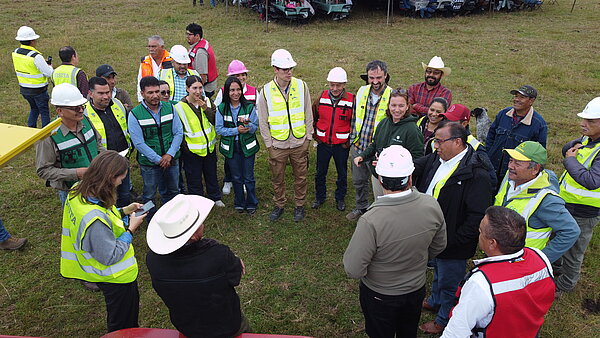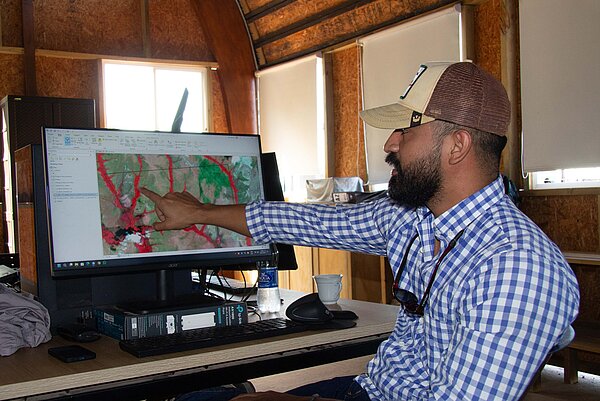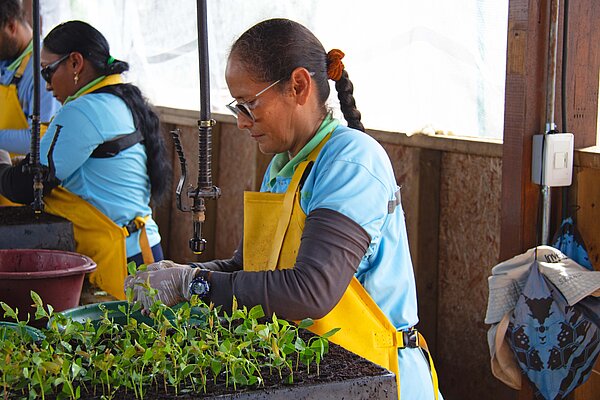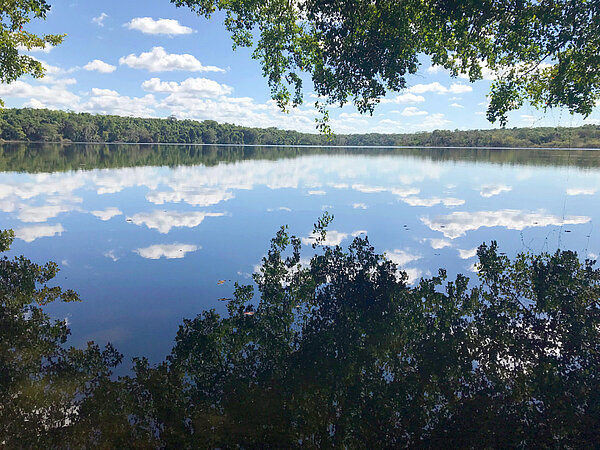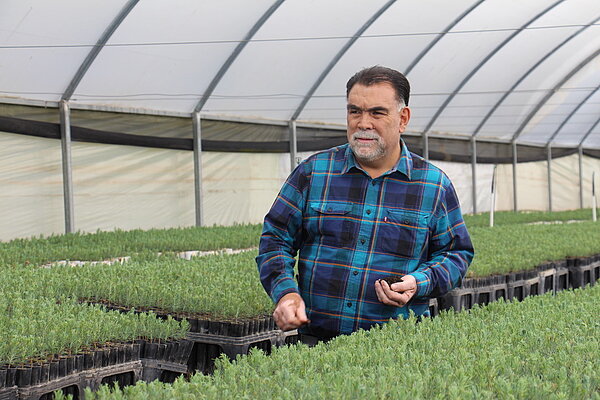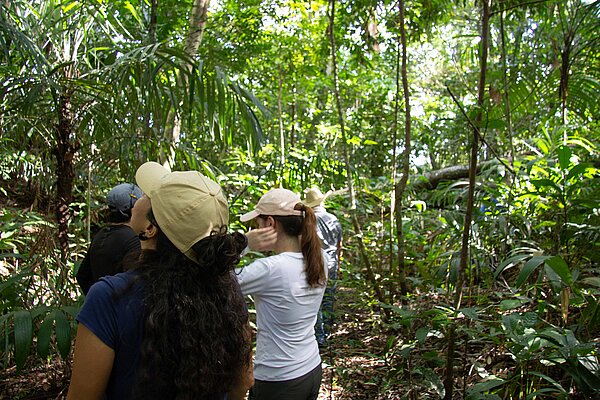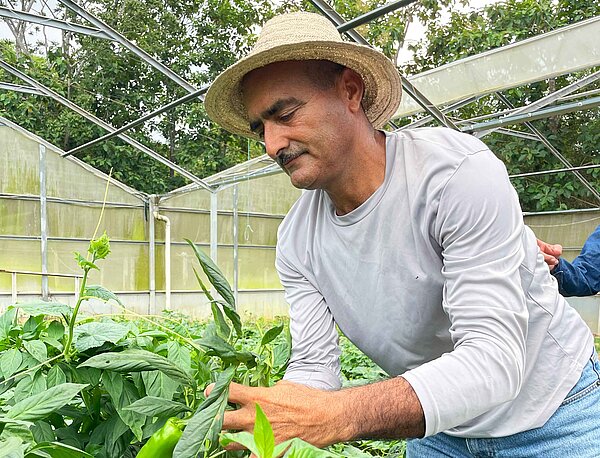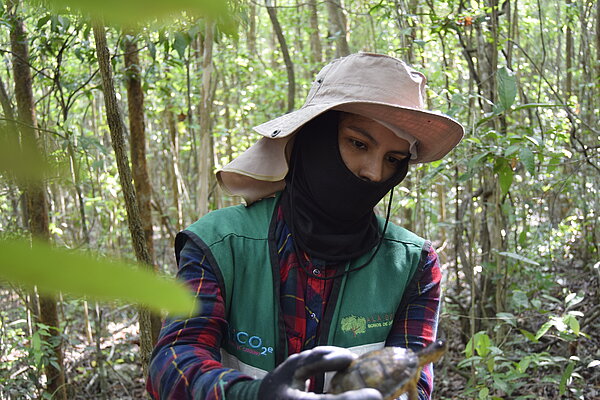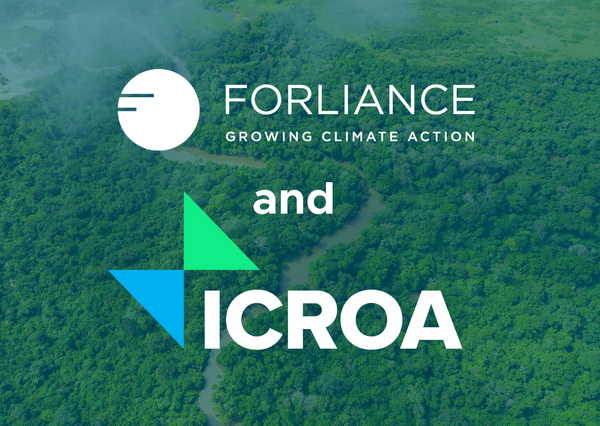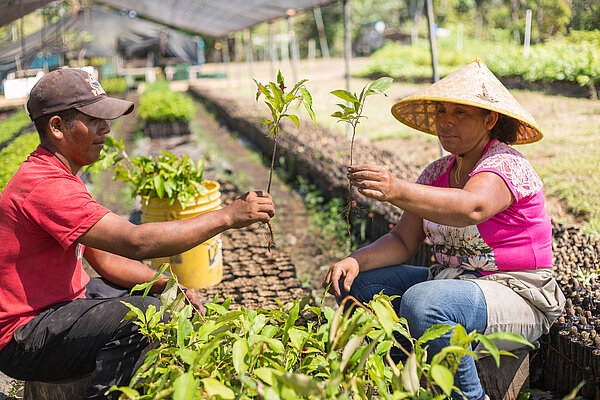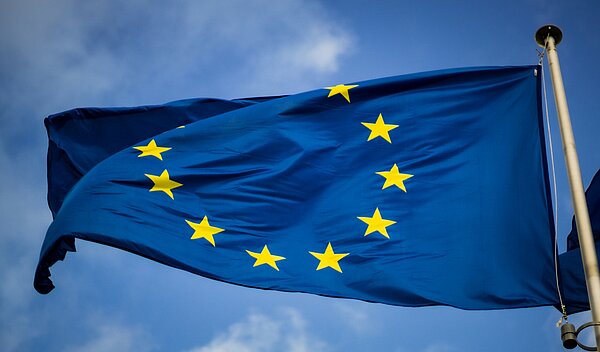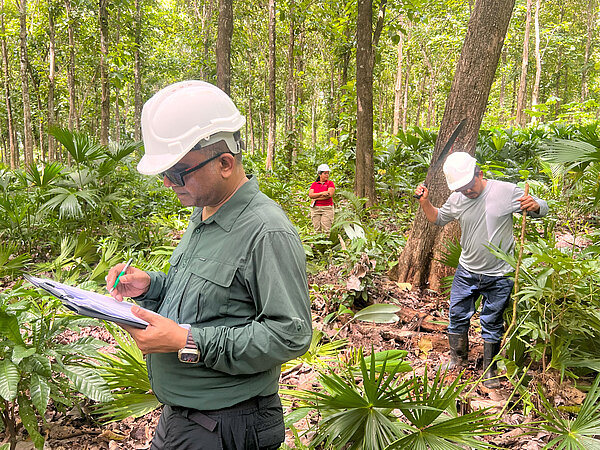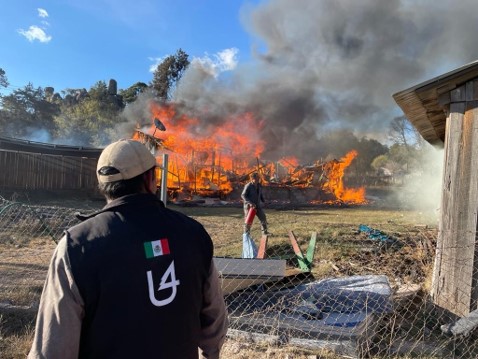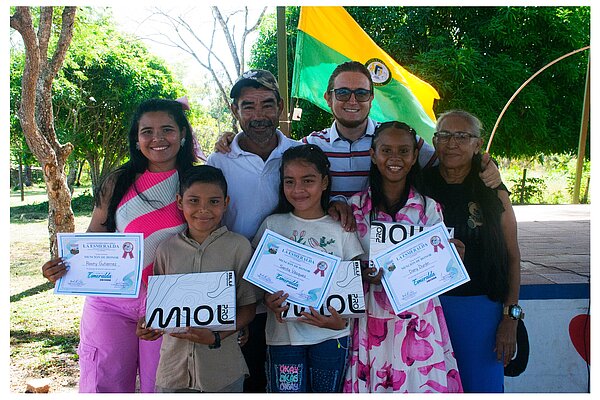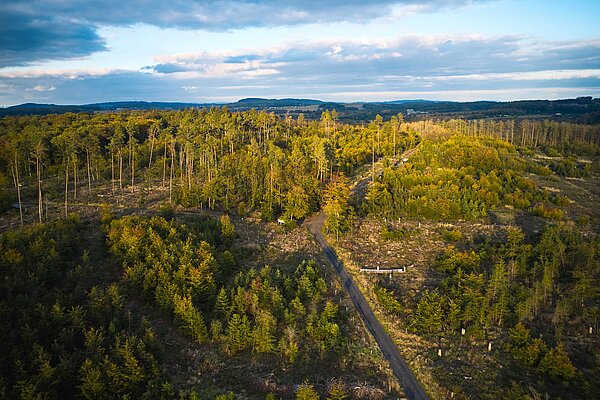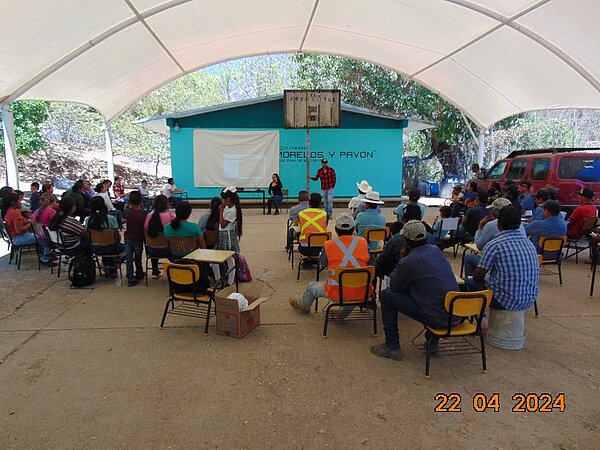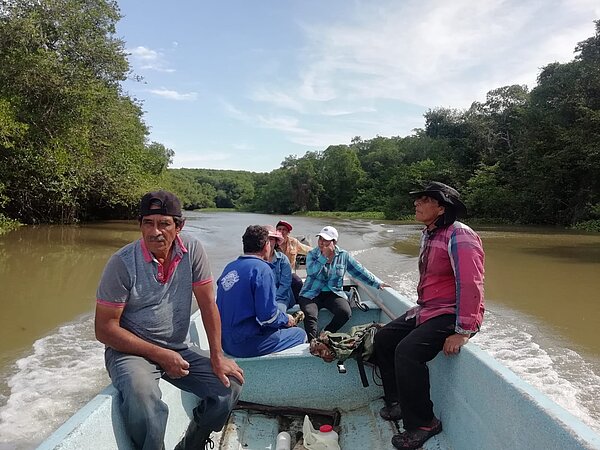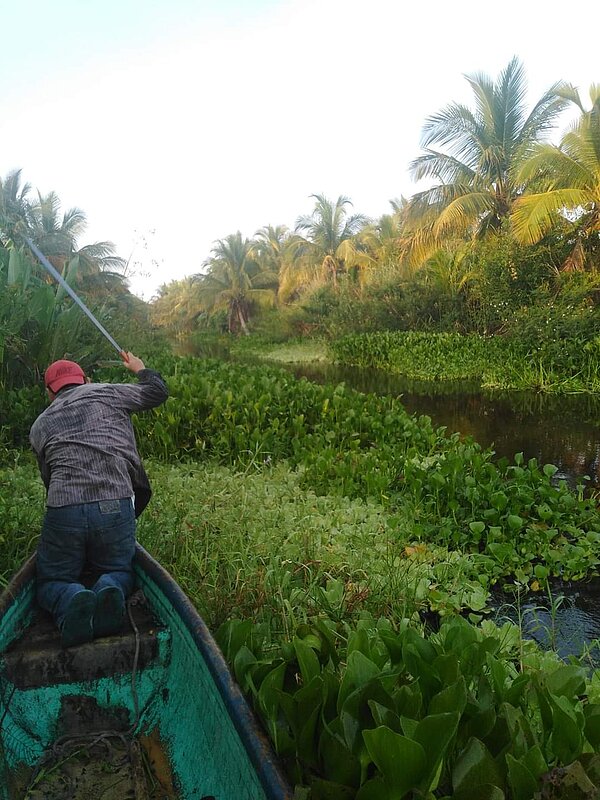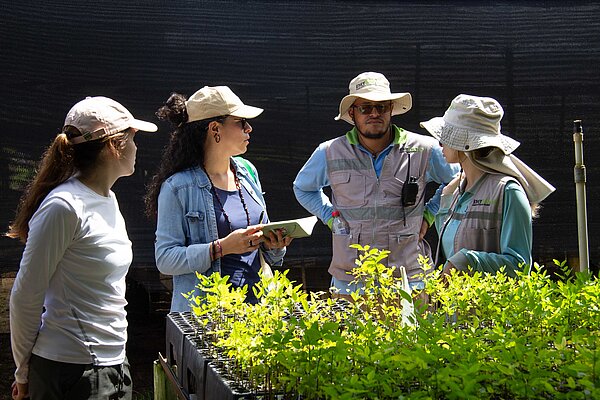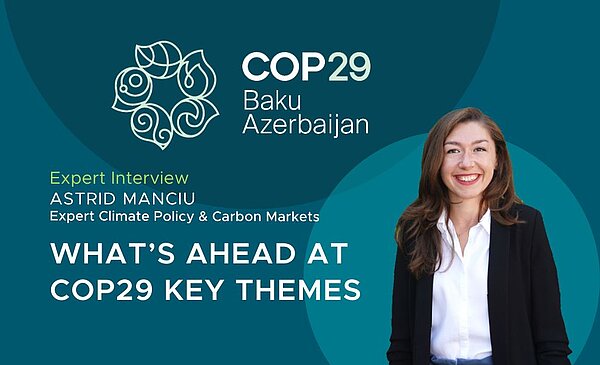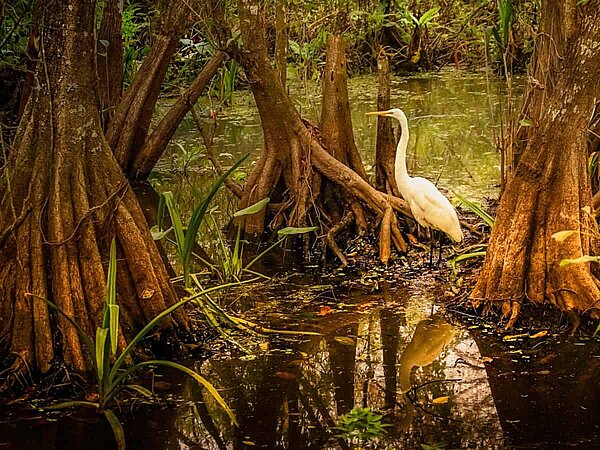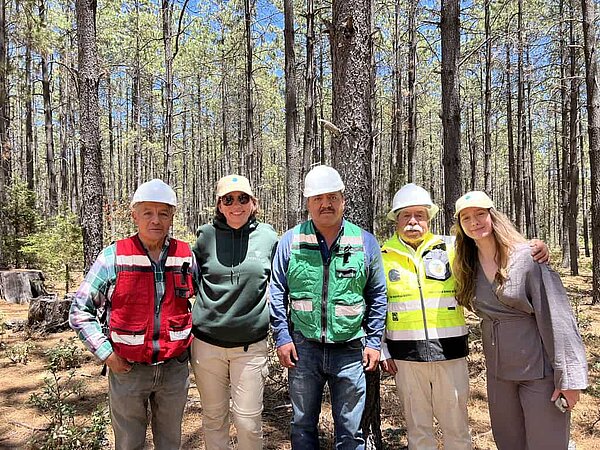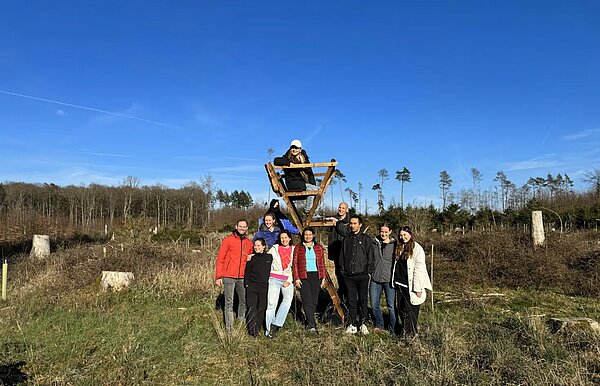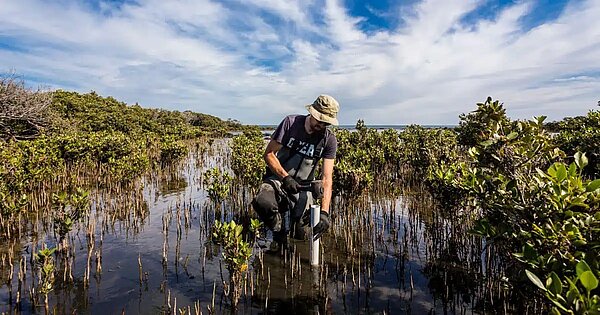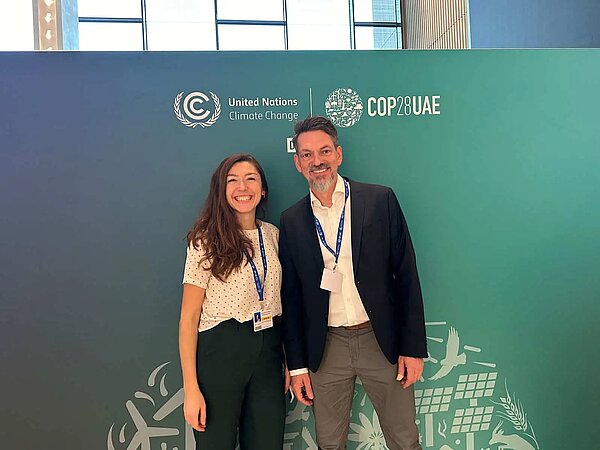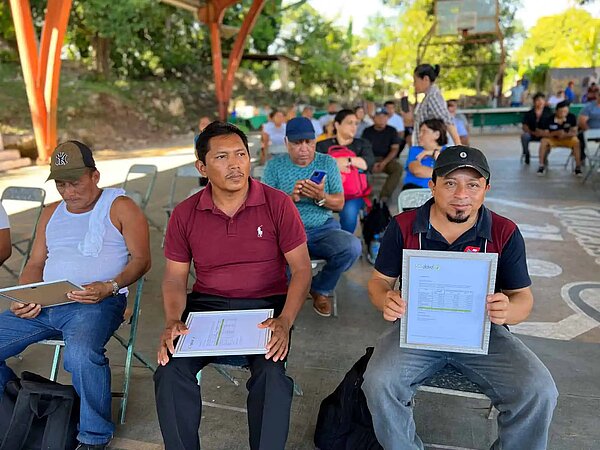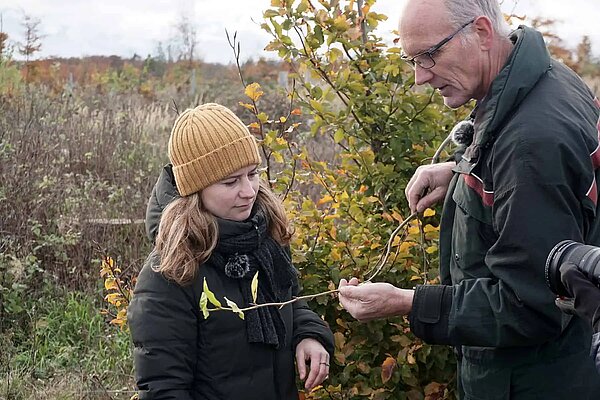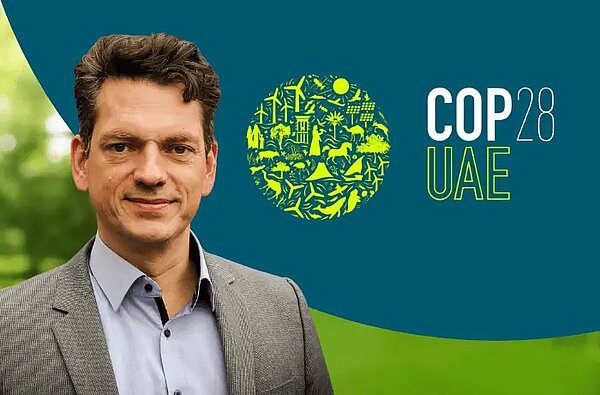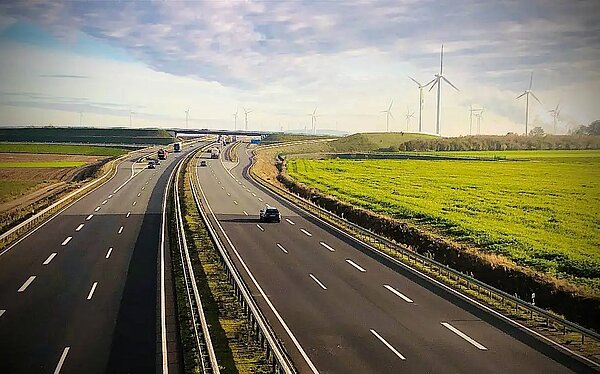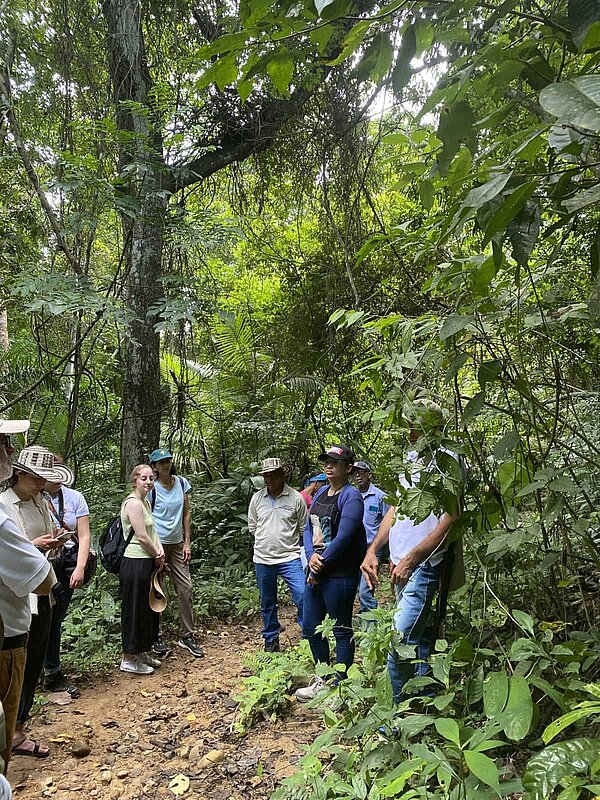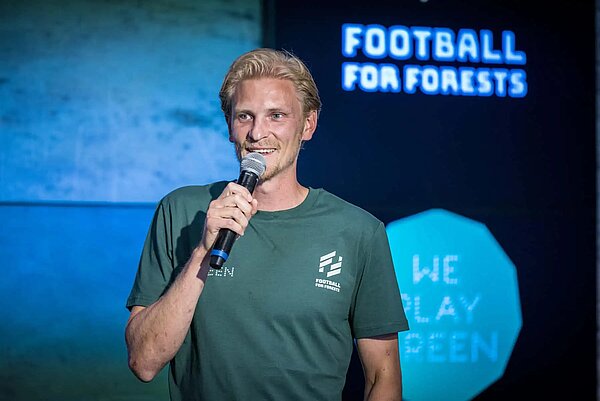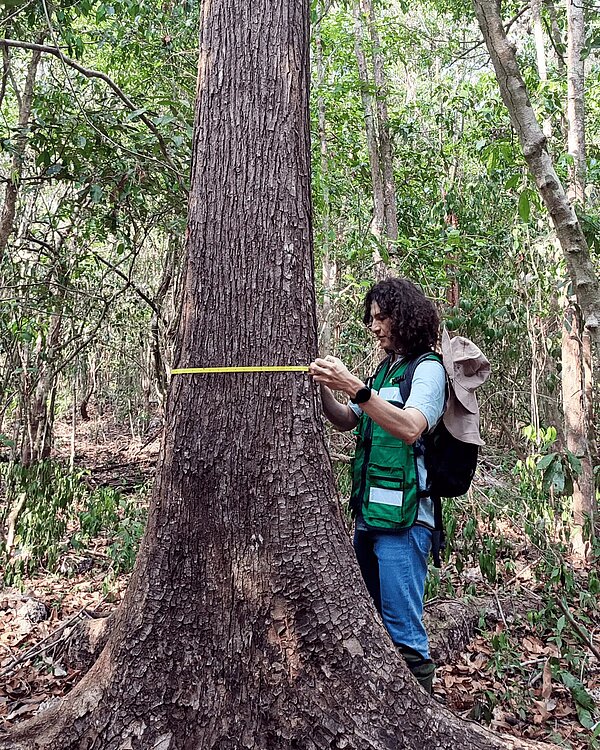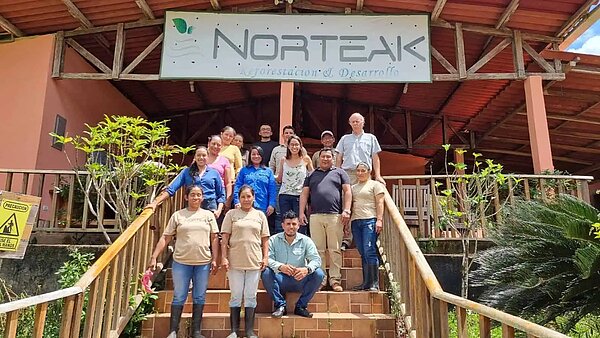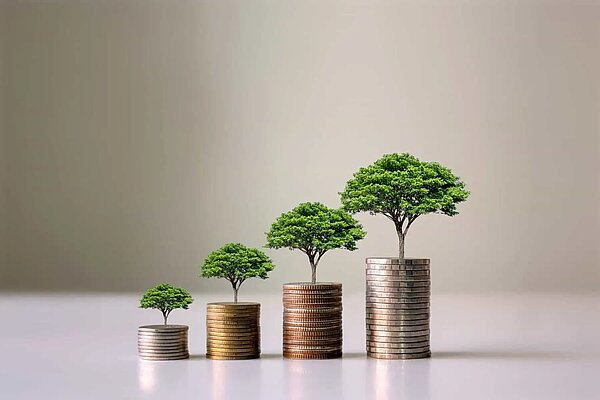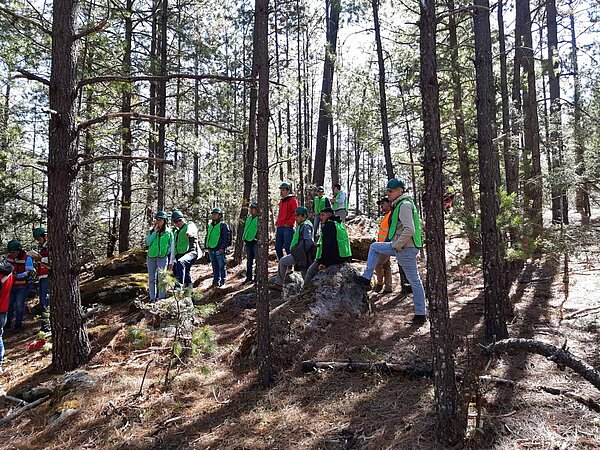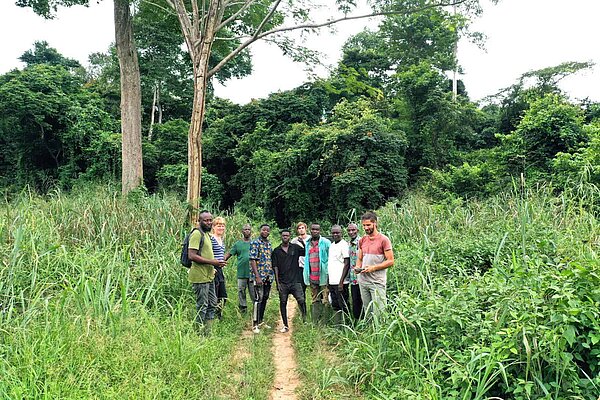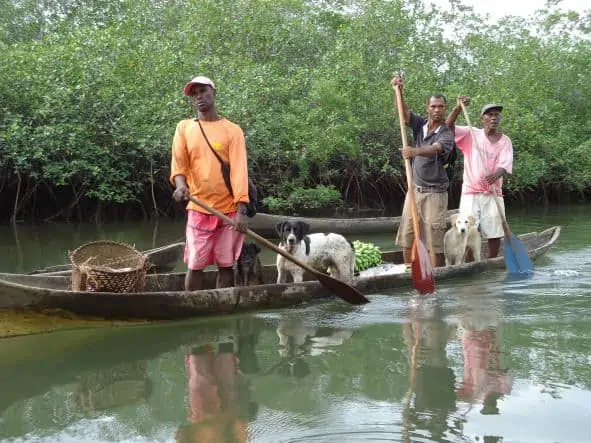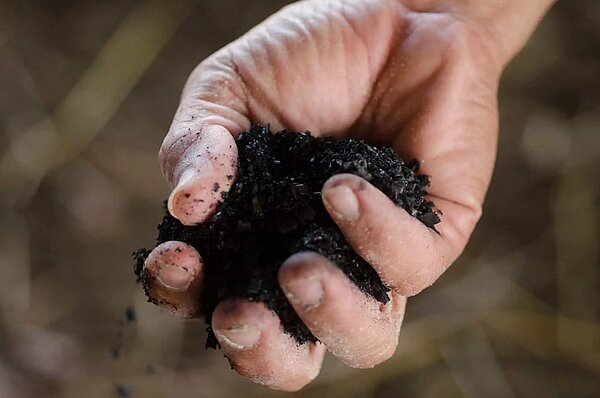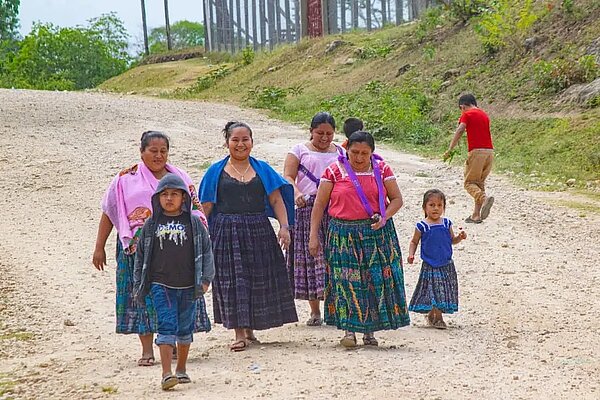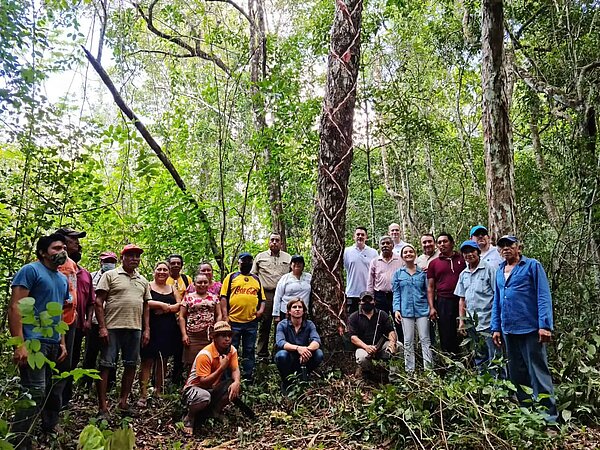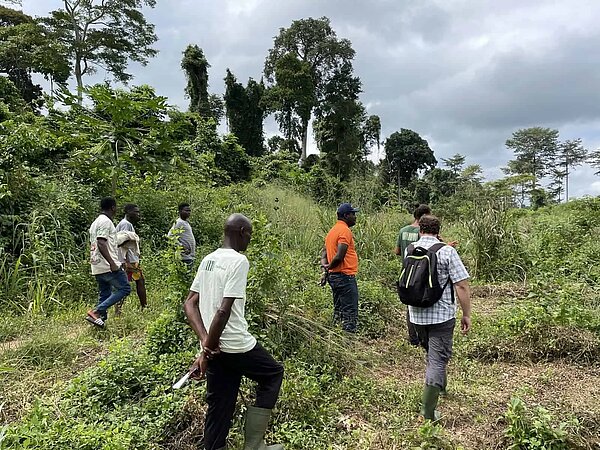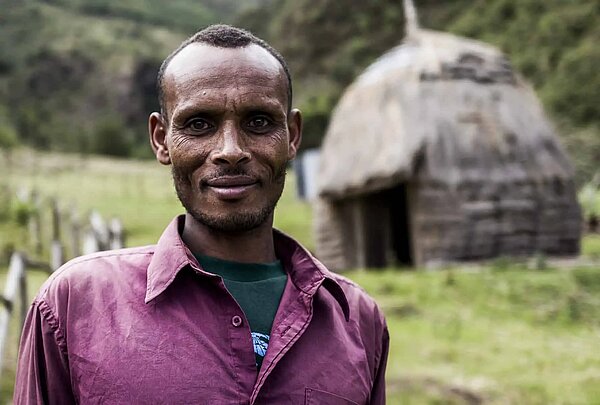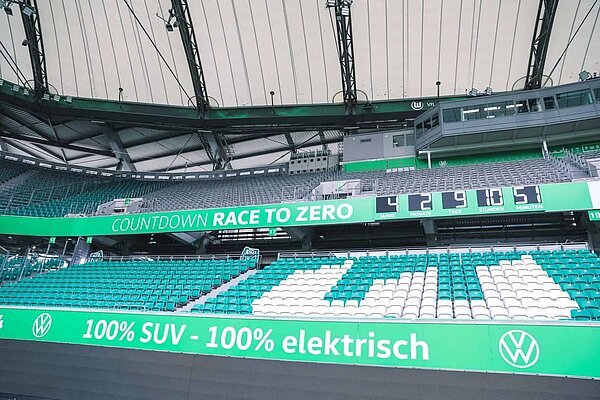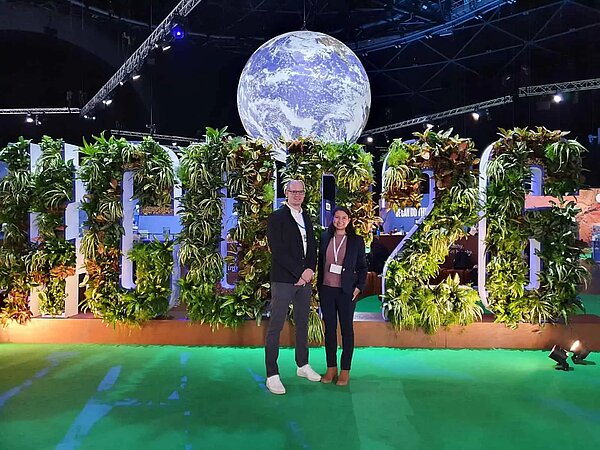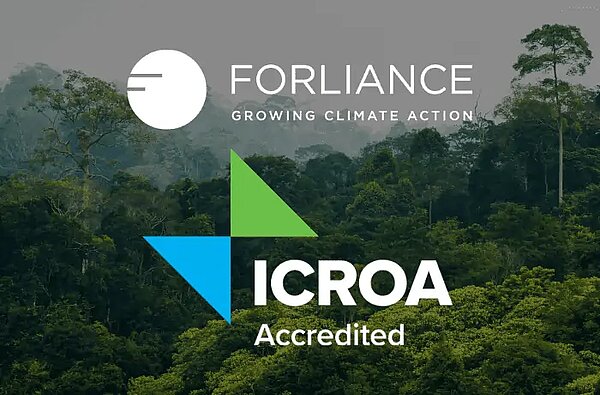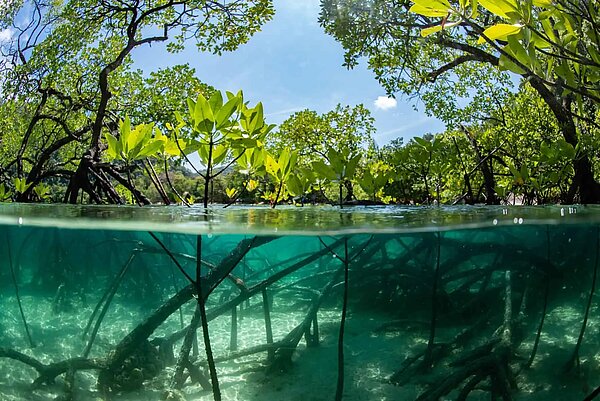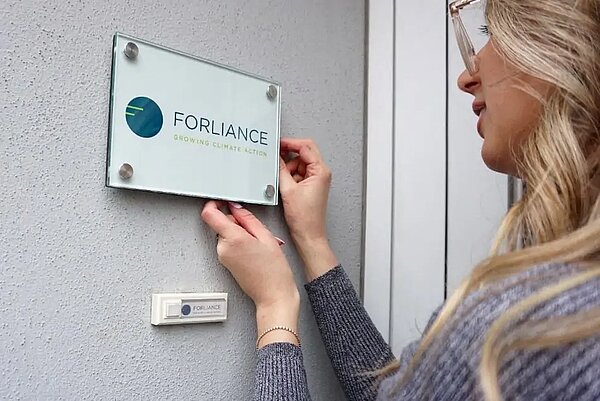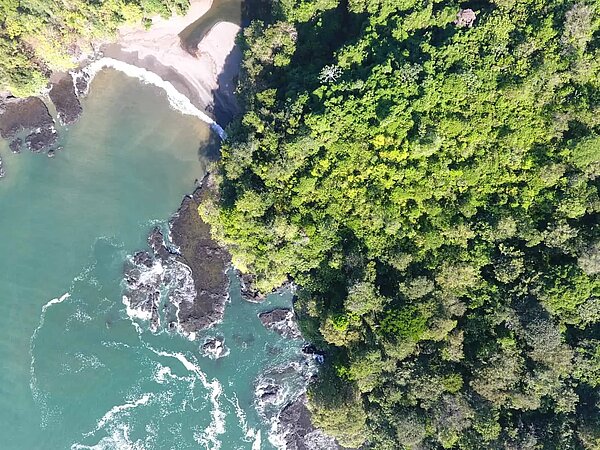What to expect at COP28 – Interview with FORLIANCE CEO Dirk Walterspacher
November 22, 2023
Expert Interviews
The COP28 will take place this year from 30 November to 12 December 2023 at Expo City in Dubai, United Arab Emirates (UAE). This conference marks the latest phase of United Nations (UN) discussions on addressing climate change. This year’s conference is overshadowed by major world crises, especially the wars in the Middle East and Ukraine, but climate change remains one of the most significant challenges. In this interview, Dirk Walterspacher, Managing Director of FORLIANCE, shares his expectations for COP28.
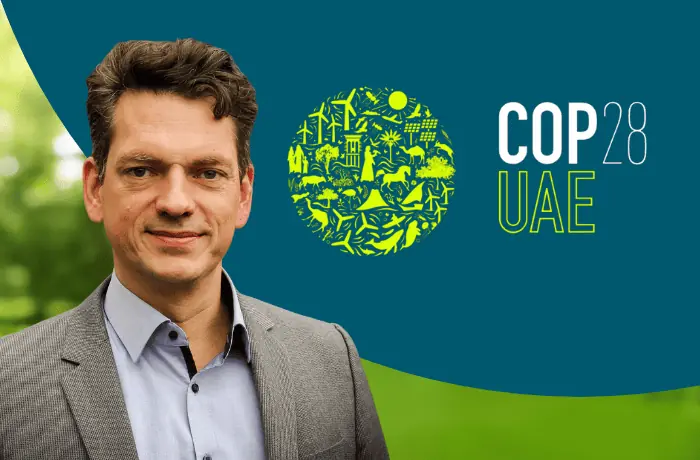
COP28 will take place in the UAE, precisely in Dubai. How do you see that?
Dirk Walterspacher: I have been to the Gulf Region before, and I am very curious to visit Dubai for the first time. Given the fact that the UAE is the first country in the Middle East to ratify the Paris Agreement and commit to Net Zero by 2050, I am optimistic by the commitment and efforts of the country, serving as a role model in the region for climate mitigation stewardship.
Moreover, Dubai, as a major international hub, offers excellent infrastructure and facilities, making it a convenient and well-equipped venue for such a significant global event. Beyond that, I hope that hosting COP28 in Dubai will propel climate engagement from both the public and private sectors in the region, encouraging commitments to sustainable practices and investments in nature-based projects and clean technologies.

Dirk Walterspacher, Managing Director of FORLIANCE, shares his expectations and hopes for the 28th Conference of the Parties
The COP28 in Dubai will focus on the first of the Global Stocktakes that were agreed upon in the Paris Agreement. How do you think about it?
Dirk Walterspacher: The Paris Agreement established the global stocktaking process, which serves as a checkpoint for global efforts to mitigate climate change and follows a five-year cycle. This process has already started at COP26 and is expected to be concluded at COP28.
In my opinion, the global stocktake is crucial for helping the international community track the success of their climate action plans and identifying what still needs to be done to meet the 1.5-degree target of the Paris Agreement. I believe there is still much work to be done to accelerate the decarbonization process of various economies and build a solid foundation for a resilient future. We still have to reduce greenhouse gas emissions and, at the same time, enhance natural carbon sinks like forests and mangrove trees to restore the carbon cycle and halt global warming.
In the context of COP28, what role do you see nature-based solutions playing in the broader climate agenda, and how can it complement other strategies and policies?
Dirk Walterspacher: At FORLIANCE, we understand the urgency of addressing climate change. Drastically cutting greenhouse gas emissions – not instead of it – is a crucial component of a holistic climate action strategy. The other essential element is supporting nature-based solutions.
Our nature-based solutions go beyond simply compensating for residual emissions and absorbing emissions from the atmosphere. They strive to restore ecosystems, enhance biodiversity, and uplift the well-being of local communities worldwide, contributing to achieving the 17 UN Sustainable Goals.
For instance, afforestation and reforestation not only sequester carbon but also revitalize ecosystems and support local economies. One such example is our Durango reforestation project in the northwest of Mexico, covering almost 181,000 hectares. The project aims to increase carbon storage in local forests and provide shelter for new animals and plants. Moreover, it contributes to achieving five sustainable goals: No poverty (Goal 1), decent work and economic growth (Goal 8), responsible consumption and production (Goal 12), climate action (Goal 13), and life on land (Goal 15).
For our customers is investing in these nature-based projects a long-term investment with an important ROI.We consistently collaborate closely with our customers, local partners and communities to ensure our initiatives align with their needs and priorities.So, nature-based solutions are – as well as emissions reduction – an integral part of an effective and long-term holistic climate strategy and not a complementary aspect.
Looking ahead, what are your expectations for COP28, and how do you envision the role of businesses like FORLIANCE evolving in the global climate action landscape?
Dirk Walterspacher: COP28 presents a pivotal opportunity for the global community to accelerate climate action. I hope to see increased recognition of the value of nature-based solutions and a commitment to integrating them into national and international climate strategies. As for businesses like FORLIANCE, I believe our role will continue to grow as more companies recognize the importance of environmental sustainability. We must collectively strive for a future where businesses prioritize the well-being of the planet alongside economic success. Besides that, I look forward to having constructive discussions and gaining insights, as well as exploring numerous business opportunities for us.
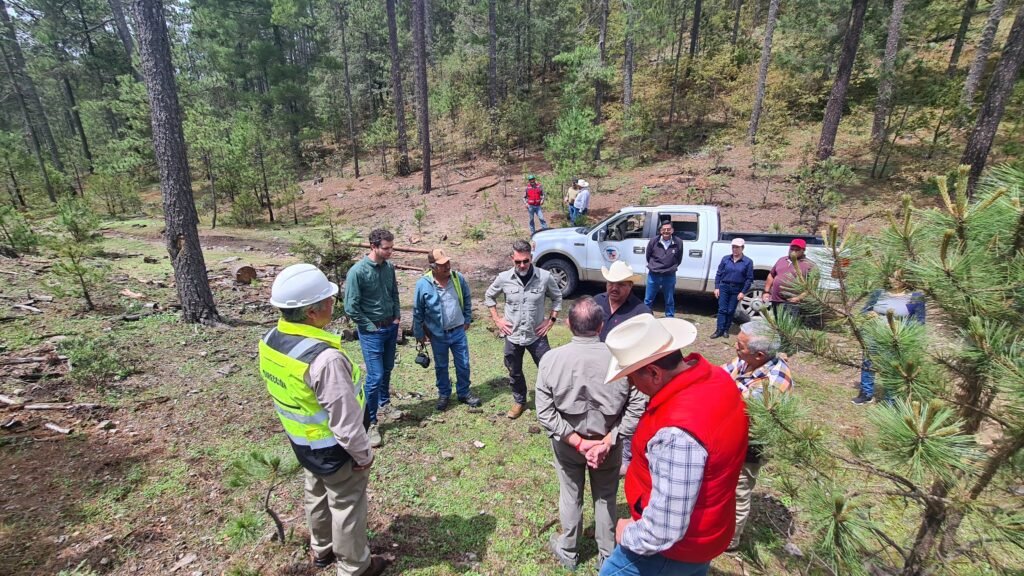
Dirk Walterspacher is Managing Director for FORLIANCE with more than 25 years of successful experience in helping companies, organizations, sport clubs implement effective climate strategies and developing high-quality nature-based carbon projects in Latin America, Africa, and Asia.

